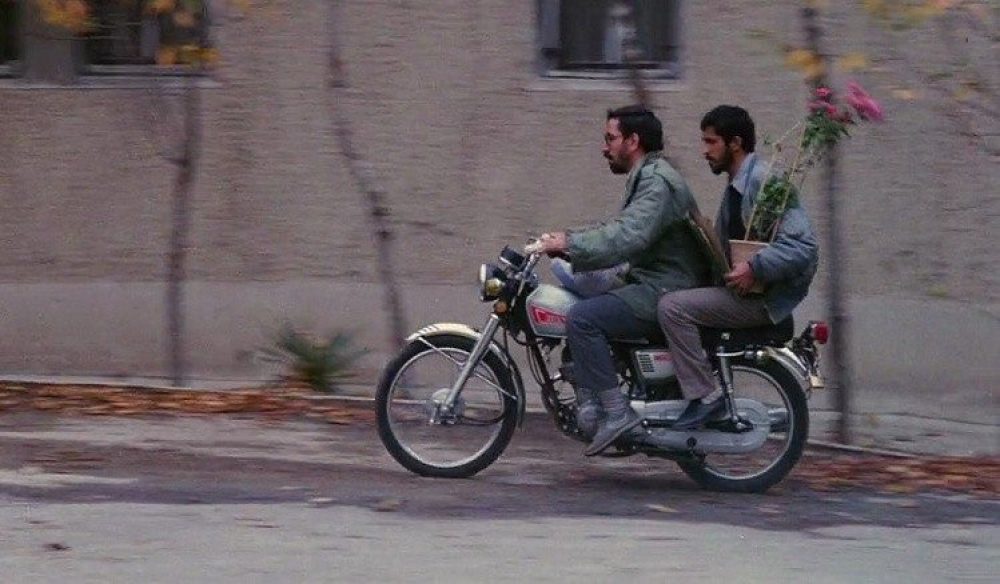In one of our first blogs, I asked you, “On what basis, modernity?” Religious Statecraft gives us an opportunity to revisit the question, but with a sharper empirical focus on the relationship between sources of legitimacy, authority, and modern outcomes. Take the questions below about Machiavelli and apply them to Tabaar’s text: How is Iran, as a matter of practice and of policy, becoming modern?
On what basis, modernity—through the cleansing influence of the sacred, via the guidance of a faqih, or jurisprudent? Or is modernity to be achieved by the consent of the ruled, the “flock,” as it were, the ummah? Or is there a balance or negotiation between these two sources of modern “truth?” What is the balance between the sacred, the fixed, and the contingent, and could it be that the public will embodies both of these, as we discussed in class? You don’t need to answer all of these questions, but please use specific answers and examples drawn from Religious Statecraft.
From September 18, 2018:
The fragility of control plays a prominent if under appreciated role in Machiavelli’s The Prince. In contrast to Lerner’s triumphalism (“I had it on top authority that during the summer of 1950 they had entered History”) or the harrowing implacability of “the Party” in Darkness at Noon, Machiavelli describes a world of constant variability and uncertainty. No prince, no matter how savvy or cruel, can rest easy on his throne, circumstances and the variability of being his constant and insuperable foes.
Machiavelli leads us to the conclusion that there are no universal solutions, no easy recipes or checklists to follow in pursuing “the modern,” however defined. Origins, the circumstances of coming combine with unforeseen events to make modernization a project forever uncertain and under siege.
We might ask, then, On what basis modernity? The matter of legitimacy and authority has been at stake these past two weeks, whether of the Shah, of the multitude who comprise “the many,” or of the reasoning individual, who having adjusted his or her sights to the light outside of the cave, comes back to dispense capital-T Truth. What or who is the source of modernity? Might it be the individual, reaching for truth in the realm of the profane? Or does modernity require the ballast of “fixed truths,” of a sacred authority that lies outside of the will and reason of the individual? Might History be that source, or religion itself? How might authority be reconciled to the individual will?

sadsdfef
النترا 2024
النترا 2024
الغاز الضاحك للاطفال
سناب اون سمايل
[URL =https://www.dimadental.com.sa/%D8%B3%D9%86%D8%A7%D8%A8-%D8%A7%D9%88%D9%86-%D8%B3%D9%85%D8%A7%D9%8A%D9%84/]سناب اون سمايل [/URL]
One of Top Car’s best-selling cars, thanks to its attractive and unique design,سيارة شانجان
سيارة شانجان
It’s a great topic, thanks for sharing.
شركة تركيب اثاث ايكيا بالرياض
Williamstown, MA 01267. And please refer to Class Notes for further information from Class Secretaries.